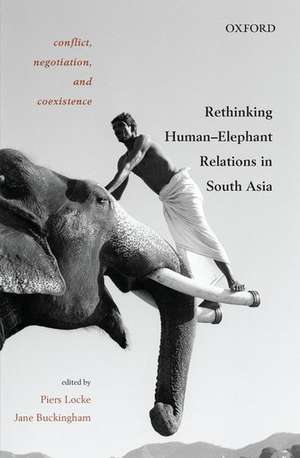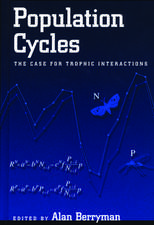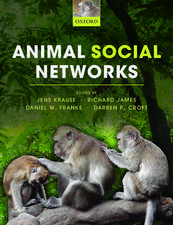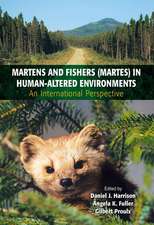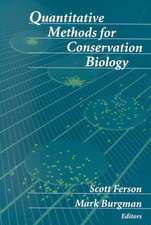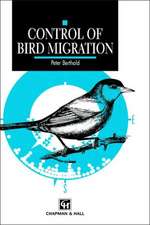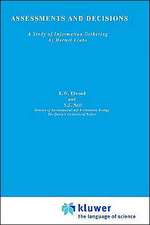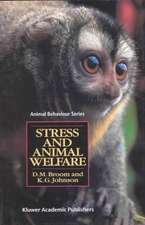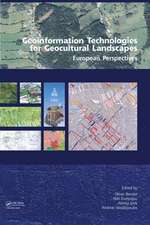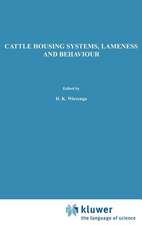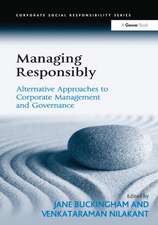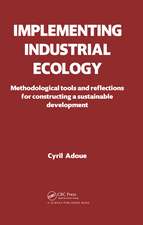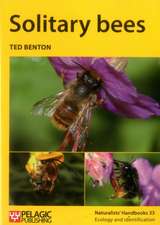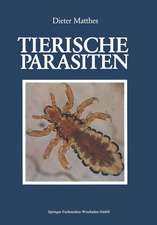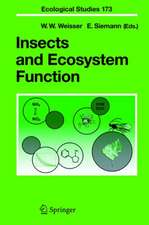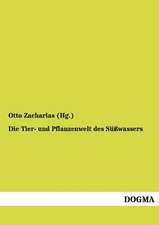Conflict, Negotiation, and Coexistence: Rethinking Human–Elephant Relations in South Asia
Editat de Piers Locke, Jane Buckinghamen Limba Engleză Hardback – 6 oct 2016
Preț: 412.52 lei
Nou
Puncte Express: 619
Preț estimativ în valută:
78.95€ • 82.12$ • 65.17£
78.95€ • 82.12$ • 65.17£
Carte disponibilă
Livrare economică 24 martie-07 aprilie
Preluare comenzi: 021 569.72.76
Specificații
ISBN-13: 9780199467228
ISBN-10: 0199467226
Pagini: 384
Dimensiuni: 147 x 225 x 34 mm
Greutate: 0.51 kg
Editura: OUP INDIA
Colecția OUP India
Locul publicării:Delhi, India
ISBN-10: 0199467226
Pagini: 384
Dimensiuni: 147 x 225 x 34 mm
Greutate: 0.51 kg
Editura: OUP INDIA
Colecția OUP India
Locul publicării:Delhi, India
Recenzii
The subject matter is very topical... This book provides a fairly comprehensive overview of the relationships and conflicts between humans and elephants in south and south-east Asia. The cultural context approach offered by some of the authors is unusual and intruiguing and could be useful in informing more effective strategies for intervention by land use planners and policy-makers.
Notă biografică
Piers Locke teaches anthropology at the University of Canterbury, New Zealand. In 2015, he was a fellow at the Rachel Carson Center for Environment and Society, Munich, Germany.Jane Buckingham teaches history at the University of Canterbury, New Zealand. She specializes in Indian history and has published on Indian colonial and post-colonial medicine and law, and on ancient Indian models of business ethics.
